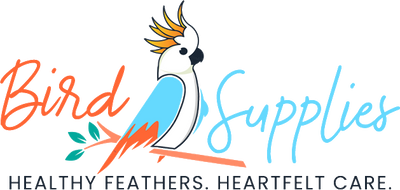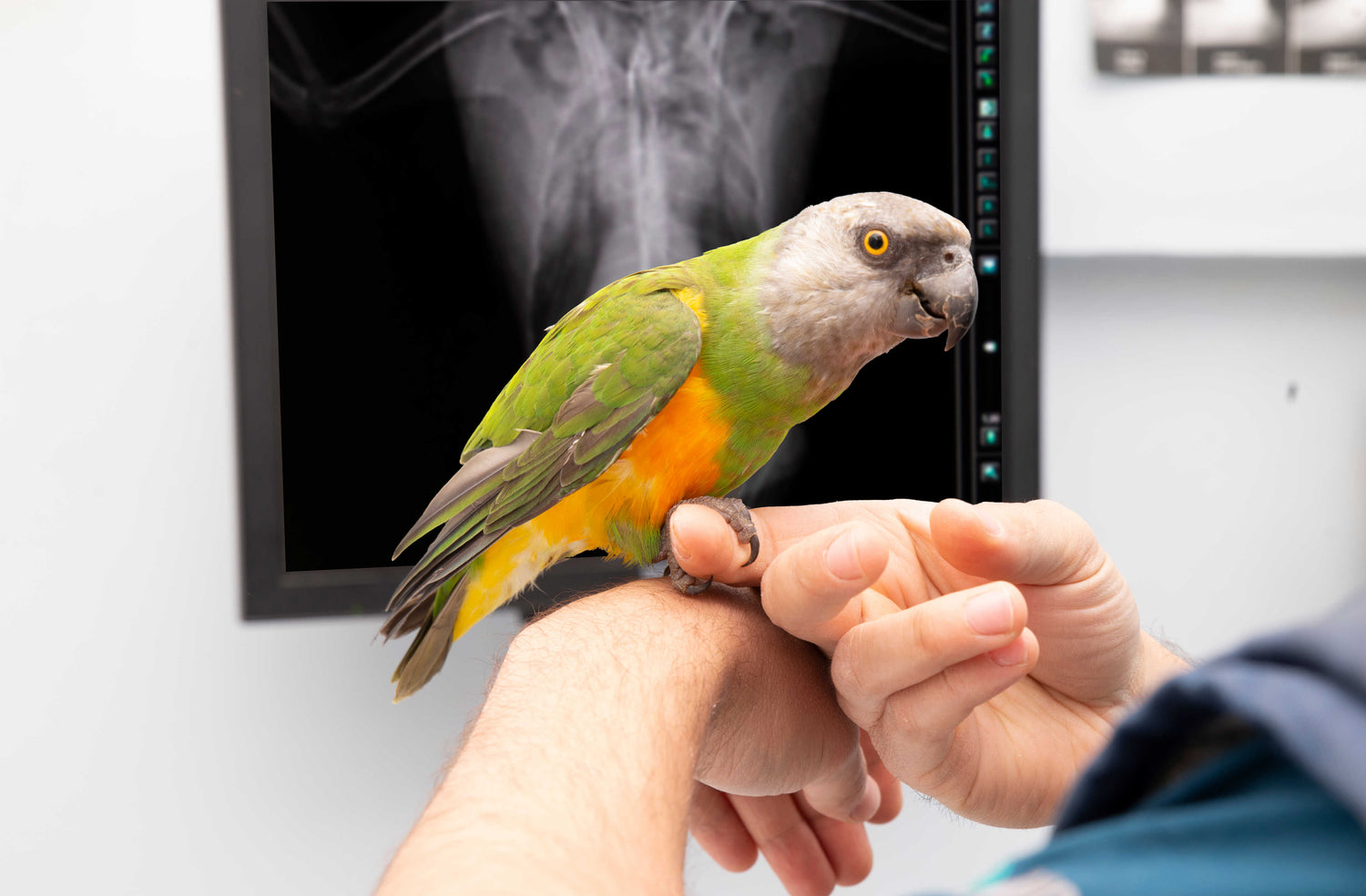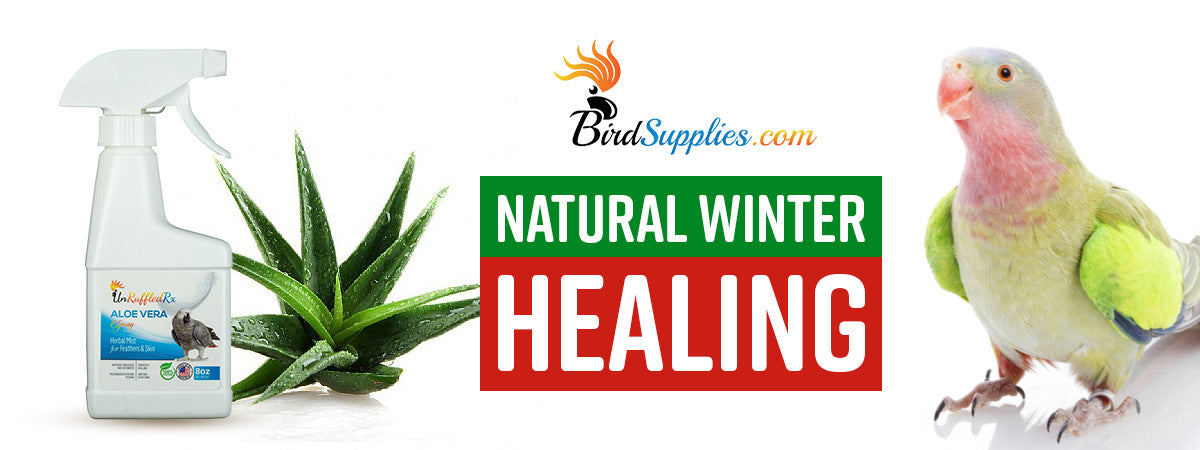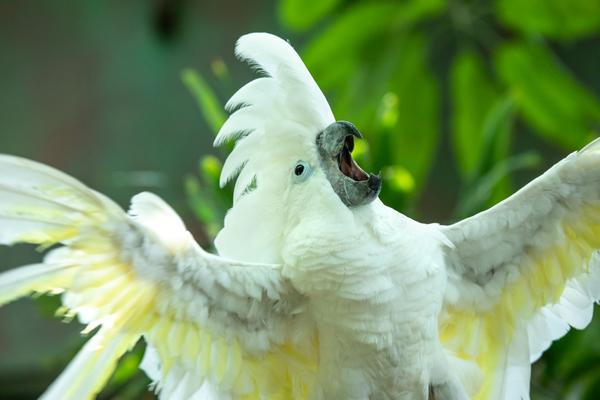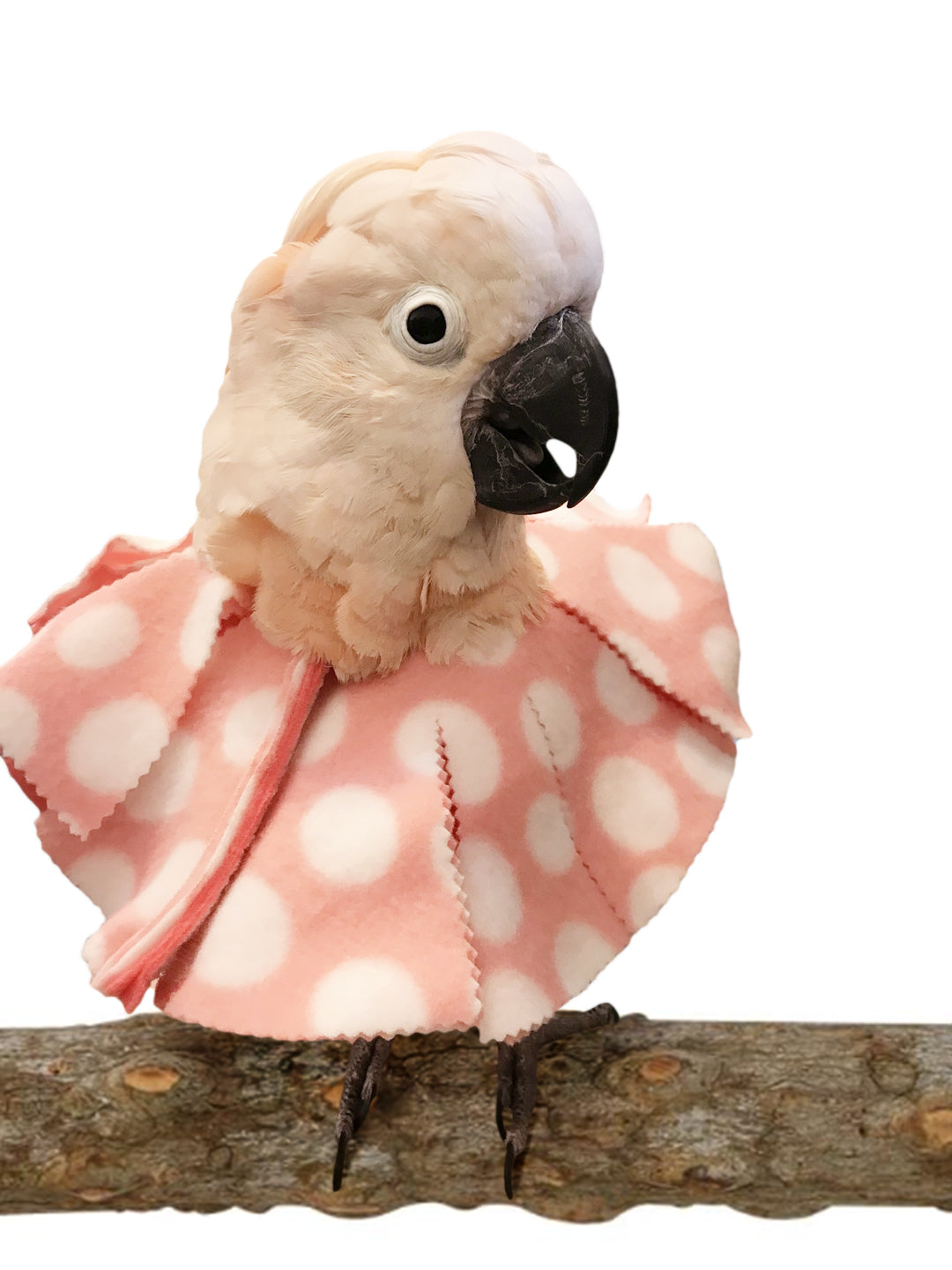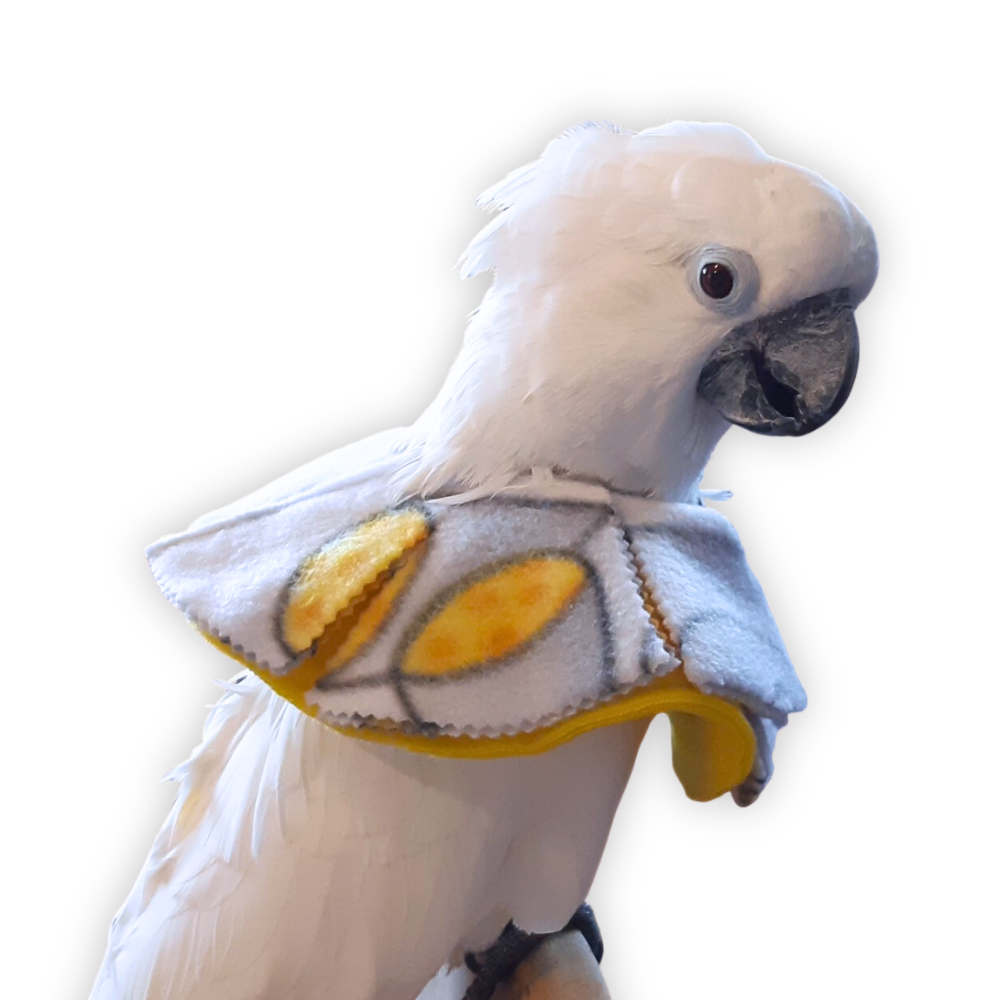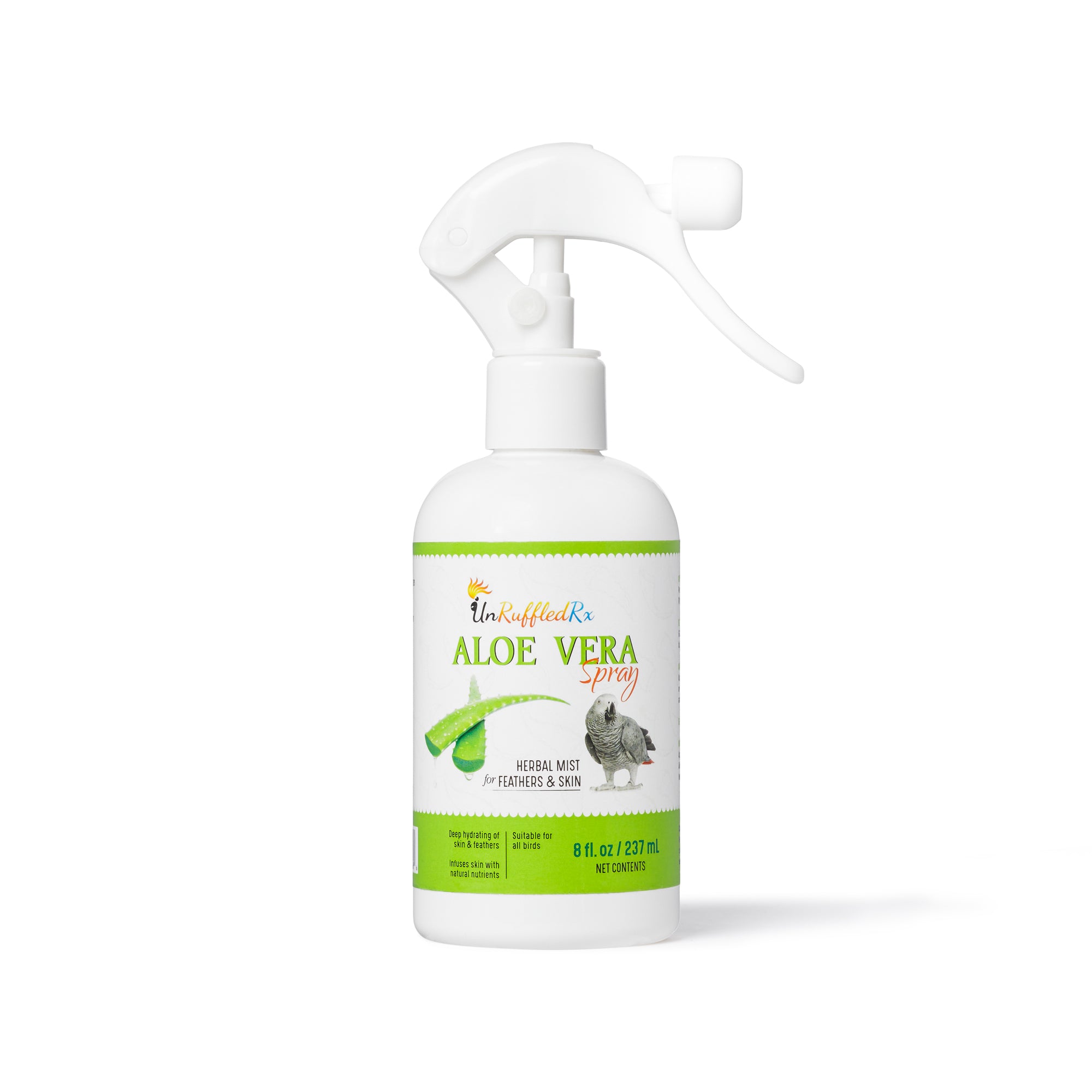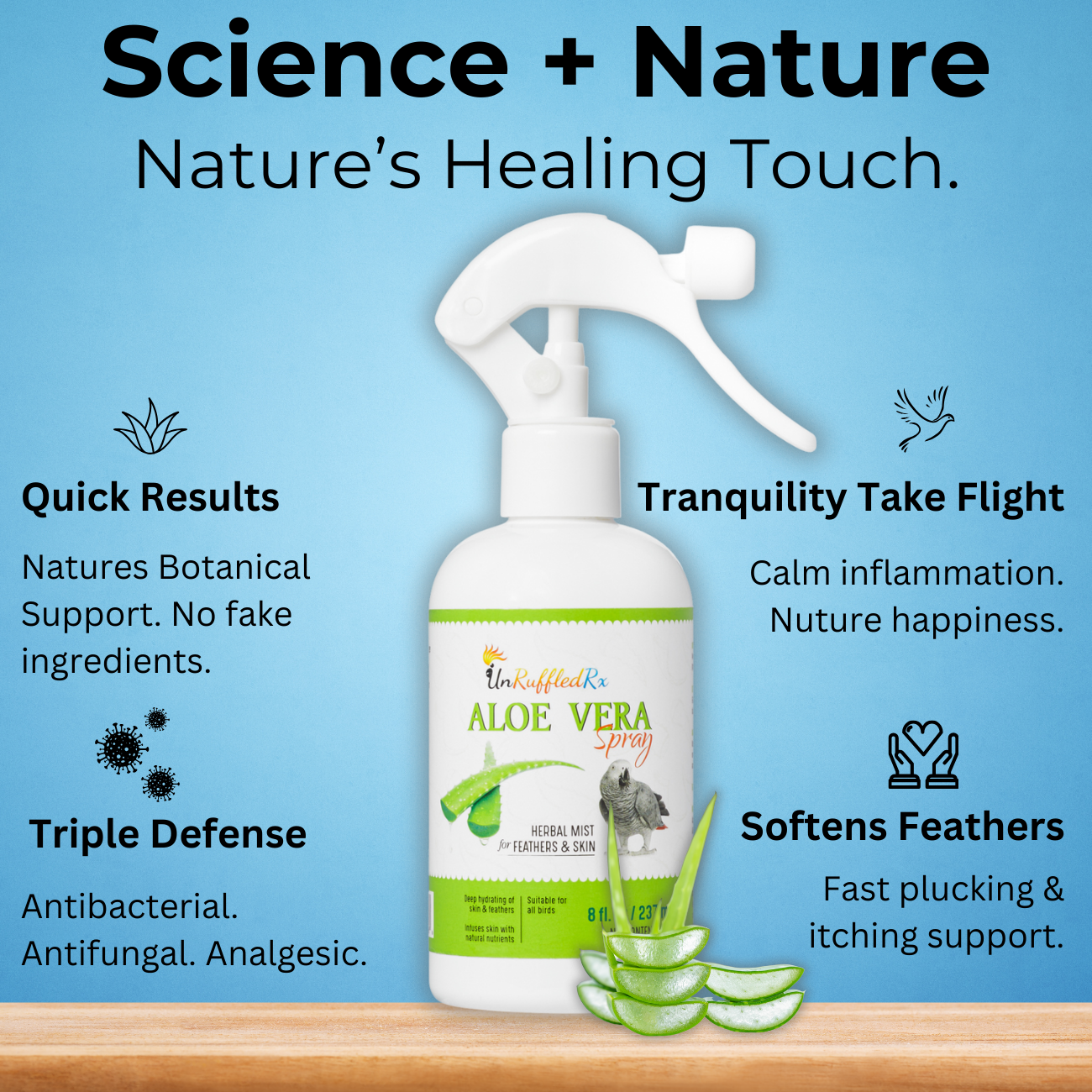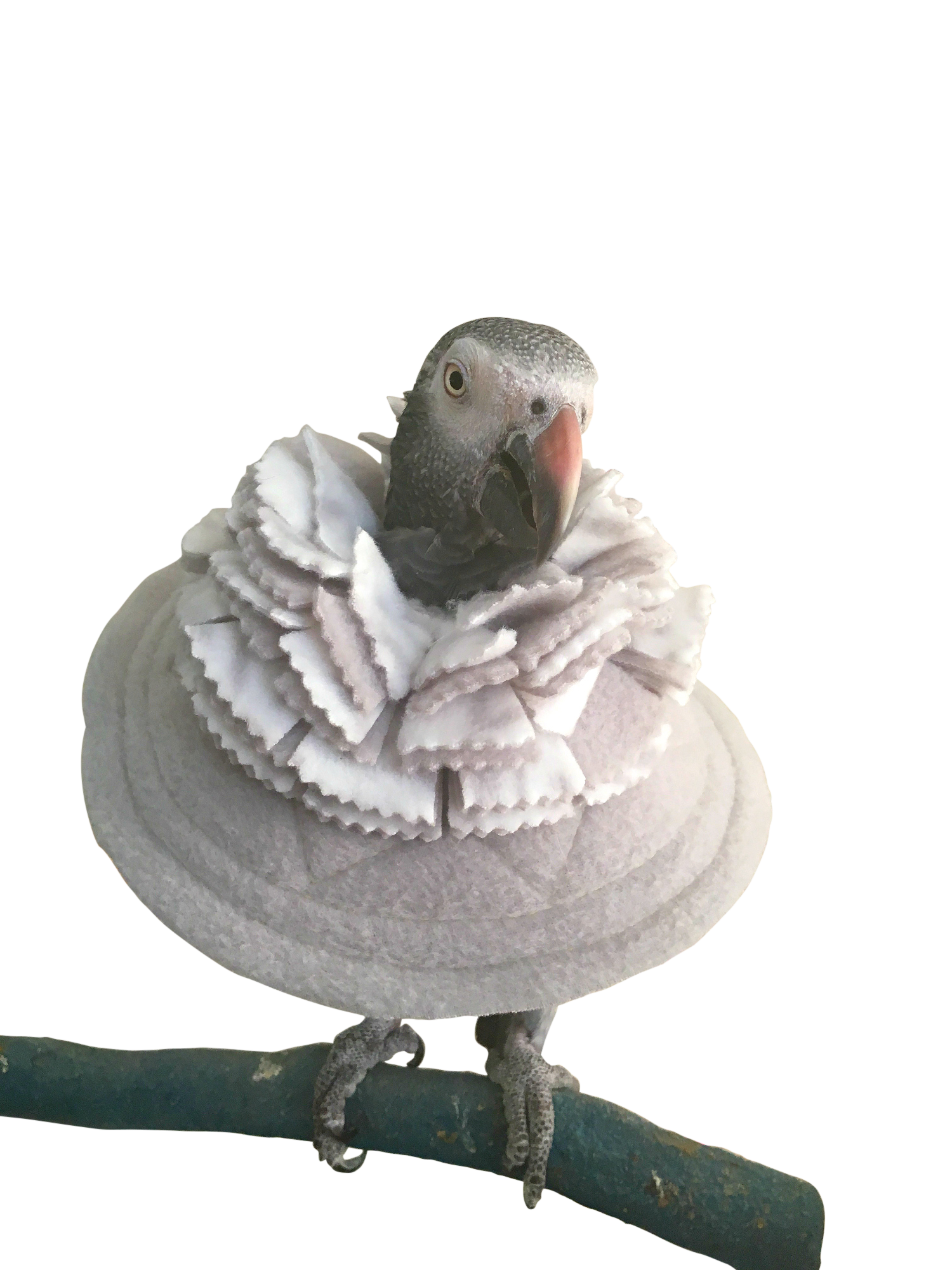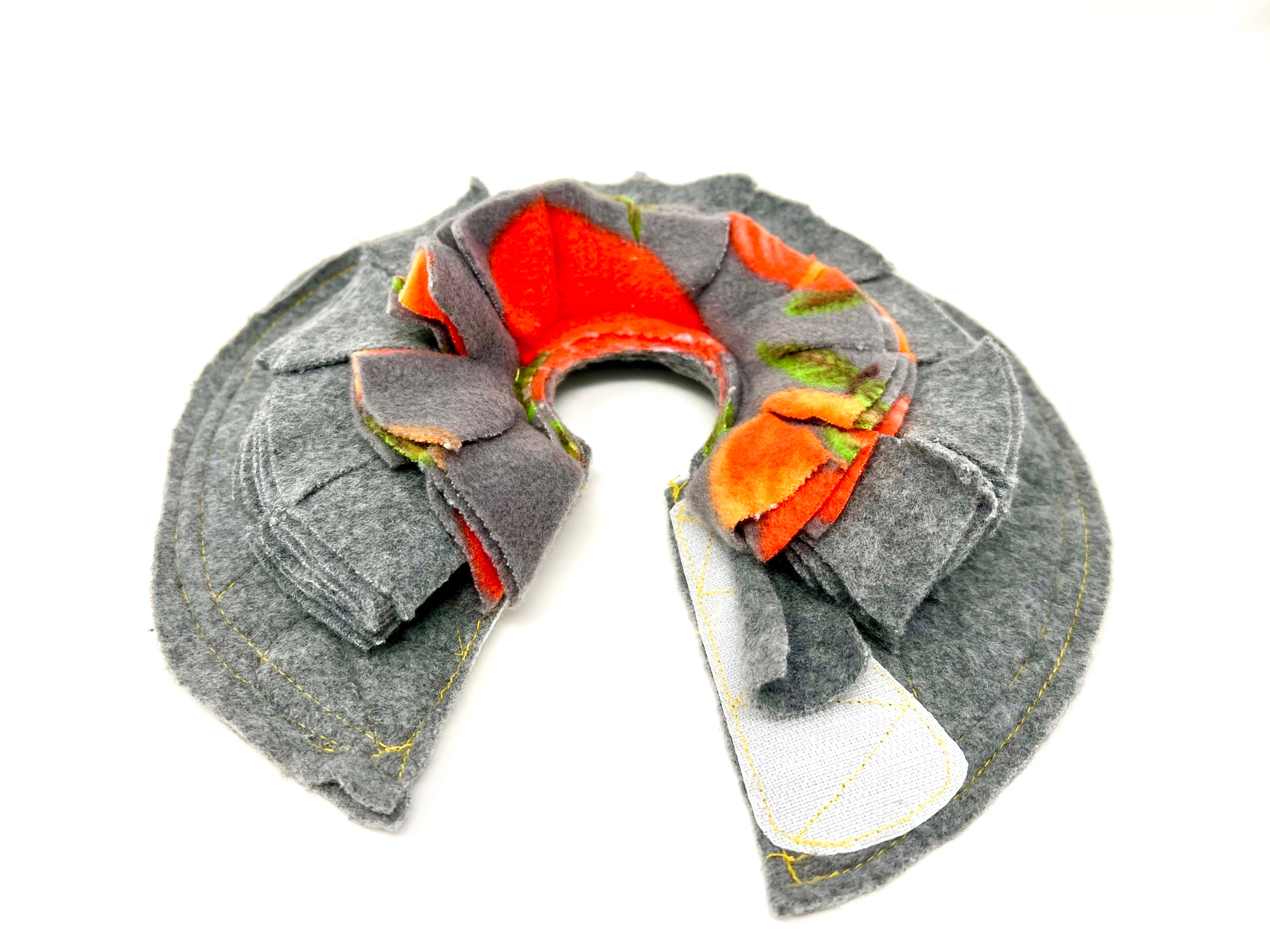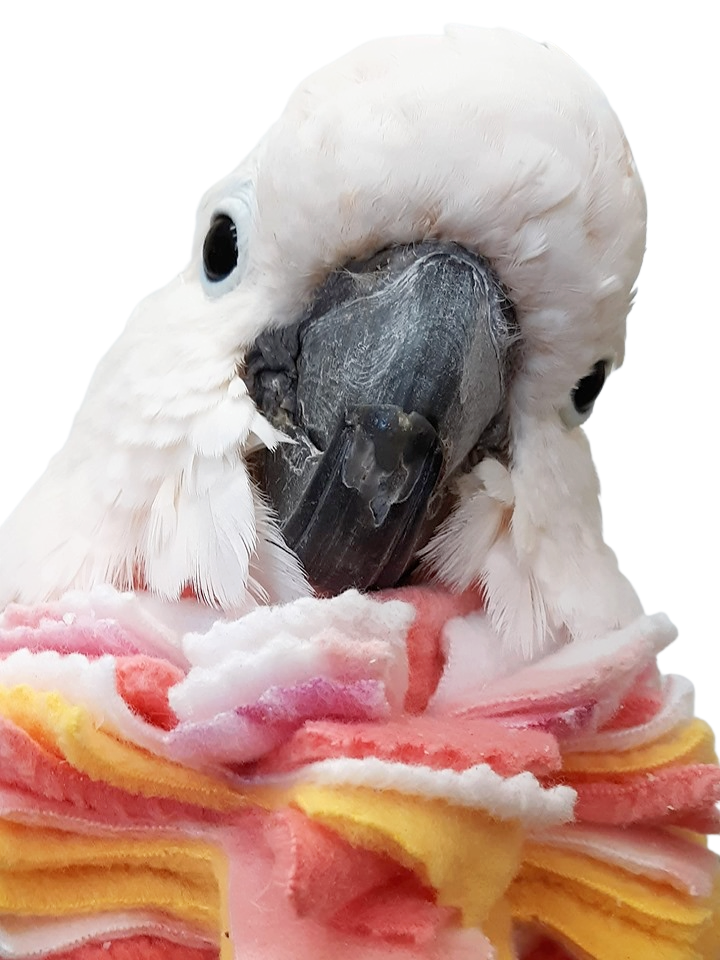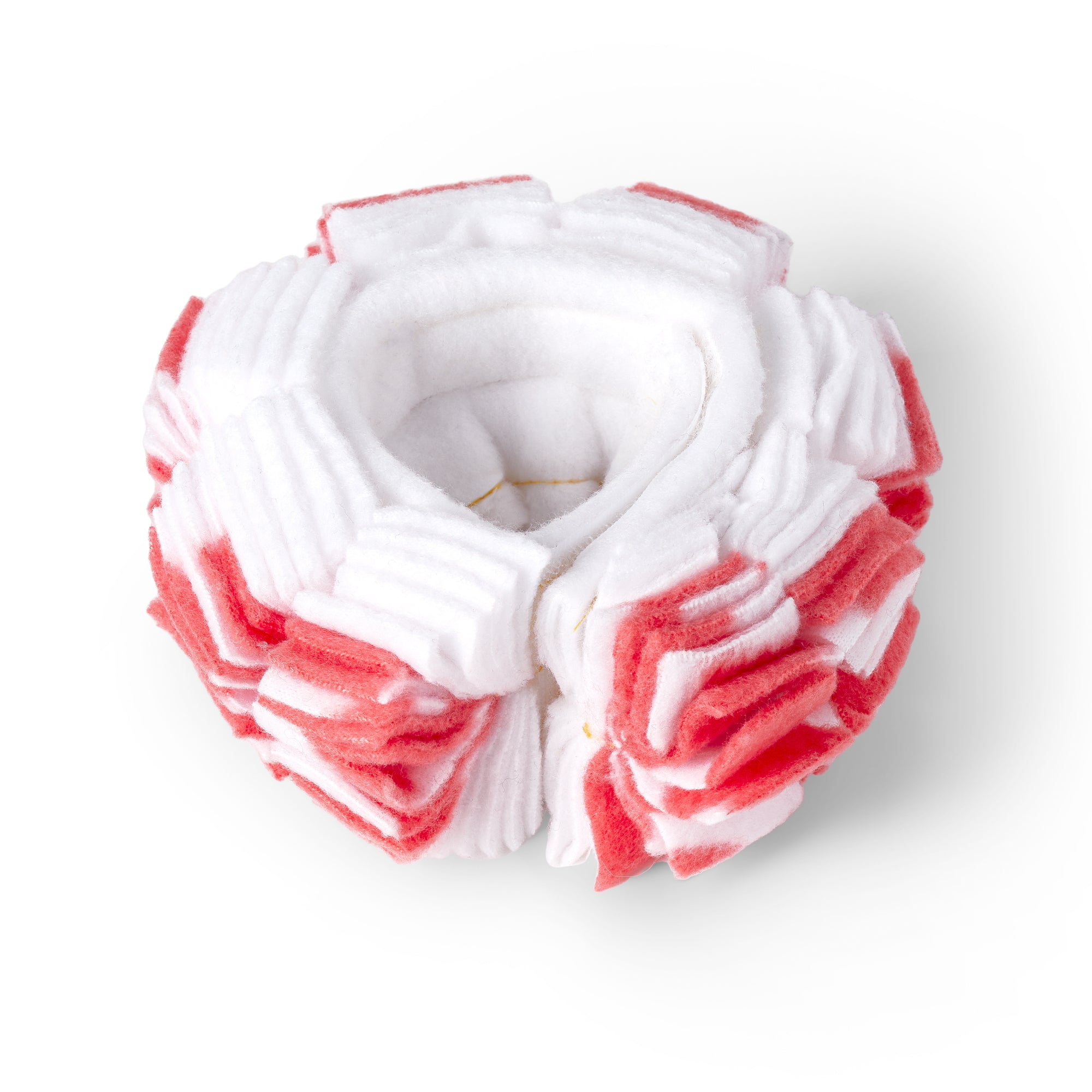Table of Contents
- Why does my bird need regular checkups?
- How much do avian vet visits cost?
- Why do I need an avian specialist?
- What does parrot wellness really mean?
- What does a wellness exam entail?
- How do I know if my bird is dying?
- How do I practice avian wellness at home?
- What should I look for when choosing an avian vet?
Finding the right veterinarian for your bird isn't just a matter of convenience; it's essential for your feathered friend's health and longevity. Birds and other exotic pets have specific medical needs that differ significantly from those of cats and dogs, making specialized care crucial. A vet with expertise in avian medicine understands the unique physiology, behavior, and dietary requirements of birds. This knowledge can make a significant difference in early diagnosis and effective treatment, ensuring your bird remains happy and healthy for years to come.
When searching for an avian or exotic veterinarian, it’s important to look beyond proximity and consider the quality of care they offer. The ideal vet should not only have a solid background in avian medicine but also come highly recommended by bird owners. Active memberships in professional associations such as the Association of Avian Veterinarians can be a good indicator of their commitment to staying abreast of the latest advancements in avian care. Additionally, a good rapport between the vet, the bird, and its owner is indispensable for providing a stress-free medical experience.
Why does my bird need regular checkups?
Regular checkups are important for your bird's health because they help catch potential problems early, allowing for prompt treatment and better outcomes. Just like people, birds can develop health issues that may not be obvious at first glance.
By getting regular checkups, your vet can monitor your bird's overall health, detect any signs of illness or disease, and provide preventive care to keep your feathered friend happy and healthy for as long as possible. Taking these proactive steps can also save you from unexpected and costly veterinary bills down the road.
How much do avian vet visits cost?
Despite the importance of providing your bird with preventative health care, just 12.4% of bird owners take their birds to the veterinarian. I find this to be a shocking and sad statistic. It blows my mind to think how someone can acquire a beautiful bird and not provide with the proper care that it needs to thrive.
Many pet bird owners worry about the cost of a wellness checkup. Bird health care care be more expensive for the following reasons:
- Avian Vets have to go through 6 more years of training to get certified
- Bird's hide pain so intricate lab tests are often required for a proper diagnosis.
- The avian vet may have to overnight lab tests to specialty exotic pet labs, which. are more expensive
Plan on spending around $100 USD for an annual wellness exam. More if your vet needs to run labs. Preventative wellness checks may be the best money you spend on your bird. Diagnosing and treating an existing illness is more costly.

Why do I need an avian specialist?
It's very important to have a good avian or exotics veterinarian in your corner who can address both preventive medicine and treatment of injuries and illnesses, should they occur. An avian vet can also help with specialized pediatric care and geriatric care so that you can properly support your pet throughout its lifespan.
Most general veterinarian training programs focus on treating mammals whose body structures and systems are a lot like ours. A bird's body could not be any more different than a mammals. A bird's body is designed to support flight, to live in large flocks, and to procreate. Every system in their body is unique.
A parrots body is designed to maintain their weight at a low level in order to fly miles through the jungle in search of food each day. This means that their bones are hallow and very lightweight. They have highly sophisticated respiratory systems to process oxygen effectively in order to fly. That's why they are susceptible to respiratory issues.
Bird’s also have a very high metabolism and a short digestive tract which allows them to process food intake much more efficiently so they don't carry excess "baggage" that could slow down flight.Forgetting to feed your pet bird can be deadly for it, especially if it's a small bird.
You probably get the drift! Our exotic birds need a specialized vet who knows their body systems inside and out. General veterinarians don't get this type of training.
You can find a certified avian vet near you by logging on to AAV.org - the Association of Avian Veterinarians. Beware, you may have to read each individual's profile to locate those who see pet birds as opposed to those that work in research, zoo’s, or the poultry business.
Now, that said, it makes sense why avian vet's tend to flock toward larger cities where they can get plenty patients. Finding an avian vet if you live in a smaller town can be a challenge! If there isn't an avian vet near you, Google "Exotic Vets near me."

What does parrot wellness really mean?
Preventive bird health care is very important. Think of preventive healthcare as having two Important prongs.

One prong revolves around your daily bird husbandry care that minimizes the probability of major health issues developing in the first place.
The Richard M. Shubolt Parrot Wellness Program at UC Davis Veterinary School describes 6 major components home-based parrot husbandry practices that support parrot wellness. These include the following:
- Preventative health care and annual exams.
- A species-specific diet of premium bird pellets and raw plant-based foods.
- A variety of parrot enrichment activities including foraging and exercise.
- Behavior training to include teaching your bird foundational behaviors and behavioral expectations.
- Pain prevention and management.
- Pediatric and geriatric care.
Learn more about how to improve wellness in your home care routine here:
The second prong revolves around annual wellness check done by an experienced avian or exotics veterinarian. The main purpose wellness checks is to catch an illness early when the treatment outcome is much better (and cheaper).
Getting back to The Shubolt Parrot Wellness recommendations, I strongly recommend that you develop a daily parrot care routine that supports the steps described above.
A bird whose physical and emotional needs are getting met daily is less likely to get stressed out and more likely to maintain optimum health. So, honing in on your parrot husbandry skills is really important to preventing illness in your pet.
If you're not sure where to begin, how about scheduling a bird behavior consultation with me.
What do avian vets look for on a wellness exam?
I've already addressed why parrot wellness exams are so important for catching an illness early on. In this section I'm going to talk about what the veterinarian is looking for as they're doing the exam. A parrot wellness exam will systematically assess various body systems to look for any abnormalities.
A trained avian specialist will be focused on minimizing your pets stress during the examination, so they'll move quickly from one body system to another. A good exam only takes 5 to 10 minutes. That's how well-trained these specialists are!
Here are the systems that your vet will look at:
HEAD - to include eyes, nares, ears, and inside the mouth. The vet is looking for any signs of illness that might not be obvious to you. They are looking for plaques or growths on the mouth, nasal discharge or blockages, swelling in the ears, any abnormalities in the eyes, the condition of the beak, and more.
SKIN & FEATHERING: Next the vet will move on to skin and feathers. They're looking for feather quality, signs of under grooming or over grooming, follicular damage, cysts or tumors, and words. Skin and feather quality can be affected by poor husbandry skills, malnutrition, disease processes, and more.
BONES & JOINTS: Your vet will want to examine your bird for signs of arthritis, pain, and range of motion. They’ll flex and rotate joints as they assess your birds skeletal structure.
SOFT TISSUE EVALUATION: Next, the vet will want to examine soft tissue and the body cavity. The doctor will palpate various organ structures to assess for abnormalities of the organs, body composition including the bird being underweight or overweight, abnormal lumps and bumps in the body cavity, and more.
FEET & CLAWS: Finally, you're a vet will shift Focus to the feet to ensure that they are free of ulcers, lesions, or growths. They will want to ensure that the toenails are normal.
Of course, if your vet notices anything awry, lab tests will be suggested. Lab tests are an important tool for determining our bird's health status. Lab tests are when the vet takes a sample of blood, urine, other bodily fluid, or body tissue to get information about your bird's health.
Bob Doneley BVSc FANZCVS (Avian Medicine) CMAV describes why lab tests are needed. "A critically ill patient that needs a correct diagnosis and treatment FAST if it is to be saved, but at the same time it doesn’t give away many clues as to what is wrong. So in many cases we have to use lab tests to get a fast diagnosis so as to save your bird." A wait an see approach is simply not advisable when treating a fragile, sick bird. In fact, getting the correct diagnosis is a matter of life and death for birds.
A good vet will also coach you on parrot husbandry wellness routines so that you can provide the optimum care for your feathered friend. The doctor and his staff are not judging you, but to be a teacher.
How do I know if my bird is dying?
Whether you're getting routine preventative check ups or not, it's very important to learn the signs for when a bird is not feeling well. A sick bird can go downhill very quickly, sometimes within hours.
Often, by the time that you notice our bird is sick, it is really, really sick. That's why it is so important that you learn to read your bird's body language that tells you when it is sick.
Print out this list for future reference.
SIGNS THAT A BIRD IS SICK
- Runny or discolored droppings
- Weight loss
- Loss of appetite
- Drooping wings
- Sleeping more than normal
- Fluffed up feathers
- Dull or squinting eyes
- Perching on the bottom of the cage
- Quiet and inactive
- Labored breathing
- Food and fecal matter stuck to the feathers
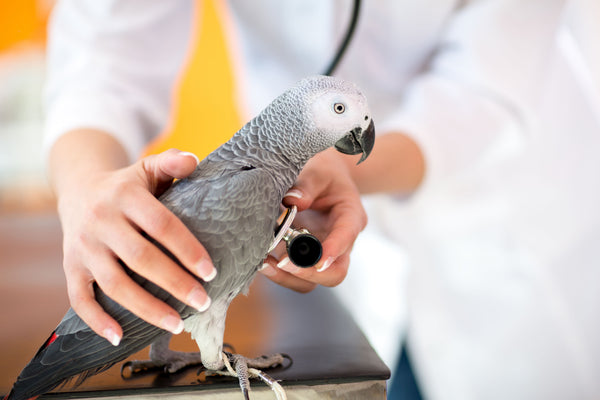
Image courtesy of Getty images (picmonkey.com)
How do I practice parrot wellness at home?
Make it a routine to check your bird's health status every morning.
Start the morning with a bird chop meal and teach your bird to eat pellets.
First thing every morning, as I'm feeding my birds, I take a gander around the cage to see if there's any blood, check on droppings, check the food dish, or any other signs that it may be sick.
Make it a point to pick your bird up look it in the eye and assess its activity level. Is it excited to see you? Or, is it quiet, inactive, and fluffed up. Is it’s tail bobbing up and down when it breaths, indicating labored breathing?
If you notice any behaviors that seem out of the ordinary call your avian vet. Get out your bird hospital cage and keep your bird comfortable and warm.
Get into the practice of weighing your bird each week with a gram scale. Grams are a small enough weight measurement that will help you monitor your small animals weight.
You don't have to buy a high-dollar ”bird scale” with a perch. Just teach your bird to stand on the platform.
Try to weigh your bird at the same time each week, say every Sunday morning before its first meal. Keep a running log of your birds weight each week. if you start noticing that its weight is going down and can't find an explanation for it see if your vet a call.
Anytime a bird loses 10% of its weight or more it's time for a checkup. So, for instance, if my African Grey Parrot weighs 400 grams and drops 40 grams, now weighing 360 grams, it's time to find out what this weight loss is all about.
A slow loss as a few grams can go unnoticed unless you're measuring with a gram scale. That is why it is recommended to keep a log.
What should I look for when choosing an avian vet?
It's important to have a good, trusting relationship with your avian vet and the office team.
When you've established a trusting relationship with your vet you'll be able to make the occasional call to ask questions and triage care.
But, what makes a good avian veterinarian in the first place?
1. One of the most important things to look for in an avian vet practice, aside from up to date avian care is their ability to make treatment as stress and fear free for the bird as possible.
2. Look for the ability of the clinic to triage care. That's a fancy way of saying that everybody on staff is focused on assessing the urgency of your pet's medical situation.
So, in this instance, the receptionist should be asking appropriate questions to assess how quickly your bird needs to come in for treatment. Then, when you arrive, you'll want to ensure that you get taken to an examination room quickly. Nobody wants their birds be exposed to a drooling, barking dog that acts like they just saw a new brightly colored toy.
3. Once you get into the examination room you'll quickly be greeted by the vet tech. The vet tech should be skilled in the practice of avian restraint. A skilled vet tech knows how to safely hold a bird to support the veterinarians examination while minimizing stress. A good vet tech will also ask you pointed questions to assess your parrot husbandry skills and Coach you as needed.
4. A good avian vet also knows how to hold a bird appropriately and engages in safe, force-free handling.
It is best to choose a vet when your bird is well. That way you can assess your working relationship with the vet while they're doing the wellness exam.
Finally, no avian vets are going to work 24/7. And, accidents happen. So, make sure that your avian vet works with emergency clinics that treat Exotics.
In conclusion...
This blog post focused on what you need to know about choosing an avian vet and maintaining your birds help. I discussed why it's important to get a specialist for your bird, what avian vet, what wellness is, how to choose an avian vet that you can work with for the long haul, how to know if your bird is sick, and what your vet is looking for in a preventative wellness checkup.
If you found anything helpful in this blog post please comment below. I'd love it if you'd share this post on your social media feed!
Related Posts:
Sick bird symptoms and care
How to prepare a bird hospital cage
How to tell if your bird is sick
Stabilizing a sick bird and when to see a vet
Avian Vet Emergencies
References:
Bird. (2009, April 13). Choosing a Good Avian Veterinarian For Your Parrot. BirdTricks Blog. https://birdtricksstore.com/blogs/birdtricks-blog/choosing-a-good-avian-veterinarian-for-your-parrot?_pos=4&_sid=2440d4dc2&_ss=r
Mornement, K. (2018). Environmental Enrichment Ideas for Your Companion Parrot. Pets Behaving Badly: Solutions with Dr Kate. http://katemornementanimalbehaviourist.blogspot.com/2018/01/environmental-enrichment-ideas-for-your.html
http://katemornementanimalbehaviourist.blogspot.com/2018/01/environmental-enrichment-ideas-for-your.html
Rich, G., & Axelson, R. (n.d.). Veterinary Care: New Bird Visit. VCA Animal Hospitals. Retrieved from https://vcahospitals.com/know-your-pet/veterinary-care-new-bird-visit
Wilson, L. (2012, April 12). Why Is Avian Medicine So Expensive? Lafeber. https://lafeber.com/pet-birds/avian-medicine/#:~:text=So%20bird%20vets%20have%20to,tests%20for%20dogs%20or%20cats.&text=Because%20they%20are%20not%20like,usually%20sent%20to%20special%20labs.
Diane Burroughs, LCSW is a licensed psychotherapist trained in ABA therapy techniques. She specializes in avian anxiety disorders and is certified in Nutrition For Mental Health. Diane has written a number of bird behavior books and she offers behavior consultations. She's developed a range of UnRuffledRx Science-backed Parrot Wellness Supplies.
Diane's products have been featured in the Journal of Avian Medicine and Surgery and at Exoticscon, a conference for exotic pet veterinarians. Her bird collars & supplements are stocked in avian vet clinics and bird stores throughout the US. With over 30 years in the field of behavior, Diane has created thousands of successful individualized behavior plans that help pets thrive.
TAGS: #AvianVeterinarian #AvianVeterinarian #BirdDoctor
SHARING IS CARING! PLEASE SHARE ON YOUR FAVORITE SOCIAL MEDIA NOW!
